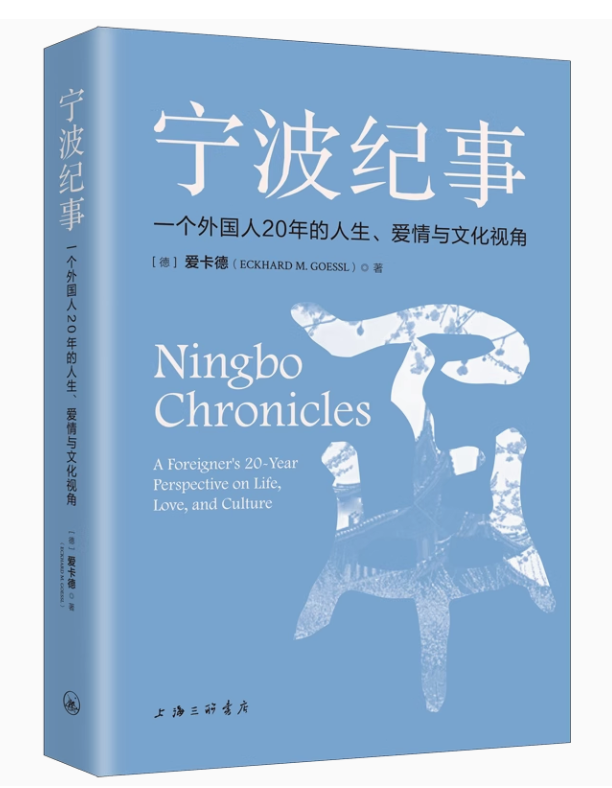“National Team” with100 free patents helps Ningbo, “the city of 100 champions”
- Details
- Category: On The Campus
- Published: Wednesday, 07 August 2024 16:23
On July 24, looking at the newly signed patent exploitation license contract on the desk, Feng Wei tasted the sweetness of “zero threshold” for patent use for the first time.
Feng Wei is the deputy general manager of Ningbo Cocoa Magnetics, I heard that the Ningbo Institute of Materials of the Chinese Academy of Sciences launched 100 free patents, he checked 6 from the list in one breath, “With the magic weapon of the ‘national team’, our production costs can be reduced by 5%, and the follow-up projects of motor components are ready to be launched in advance.”
Ningbo is the first city in China to have more than 100 national manufacturing individual champion enterprises. However, for the majority of small and medium-sized private enterprises, it is often difficult to cross the “valley of death” by relying on independent research and
development. On the other hand, a large number of scientific and technological achievements are “sleeping” in the “drawers” of universities and research institutes.
Since 2021, the Ningbo Institute of Materials, Chinese Academy of Sciences has made bold innovations and signed agreements with more than 60 companies, involving 160 free license patents, to help the innovation and development of Ningbo’s magnetic materials and automotive industries. Thanks to the use of two patents such as “a nitrogen-containing iron-based amorphous nanocrystalline soft magnetic alloy and its preparation method”, Zhongke Biplus has improved the patent layout of magnetic materials and entered the new track of new energy vehicles and photovoltaic energy storage.
“We combine the industrial structure of Ningbo, focus on new materials, new energy, advanced manufacturing, biomedical engineering and other key areas for technology research and development, this time is a selection of 100 patents, for the city’s enterprises, especially small and medium-sized enterprises to use for free.” Wen Xia, deputy director of the Institute of Materials, said that in just a few days after the launch of the patent list, 16 companies have signed contracts.
Free licensing of patents, targeting to break through the blocking points of enterprise innovation. Ningbo Caria is mainly engaged in stainless steel cabinets, suffering from stainless steel materials that are easy to stain handprints, this time applying for the use of “an easy-to-clean organic coating and its preparation method” patent, general manager Zhang Shiyuan said, “not sticky handprints” is expected to become a new selling point of products, enterprises will also jump out of the price competition “strange circle”, to high quality expansion.
Innovative ways to use patents have encouraged researchers. “Every scientific research achievement is our painstaking work, long-term lying in the ‘drawer’ is a waste product, only to the enterprise can be transformed into a product, after market testing can become a commodity, and finally realize the value of innovation.” Song Weijie, a researcher at the Institute of Materials, said.
It is understood that the 100 patents are free to use for one year, and after expiration, enterprises can choose whether to pay to renew the license or buy out. At that time, the Institute will consider continuing to increase the number of free licensed patents based on the feedback from enterprises.
“Wake up the ‘sleeping’ patents, allow enterprises to use patented technologies quickly and at zero cost, and empower the high-quality development of the real industry, and the new problems and new needs that arise when enterprises use them will promote the positive interaction between scientific research and application.” Hu Xiaofeng, deputy director of the Ningbo Municipal Market Supervision Bureau, said.
“The free use of patents will help greatly reduce the initial cost of investment in innovation for small and medium-sized enterprises, stimulate innovation vitality, improve the efficiency of the transformation of scientific and technological achievements, promote the deep integration of production, education and research, and help cultivate and develop new quality productivity.” Xiong Hongru, a researcher at the Innovation Department of the Development Research Center of the State Council, said









